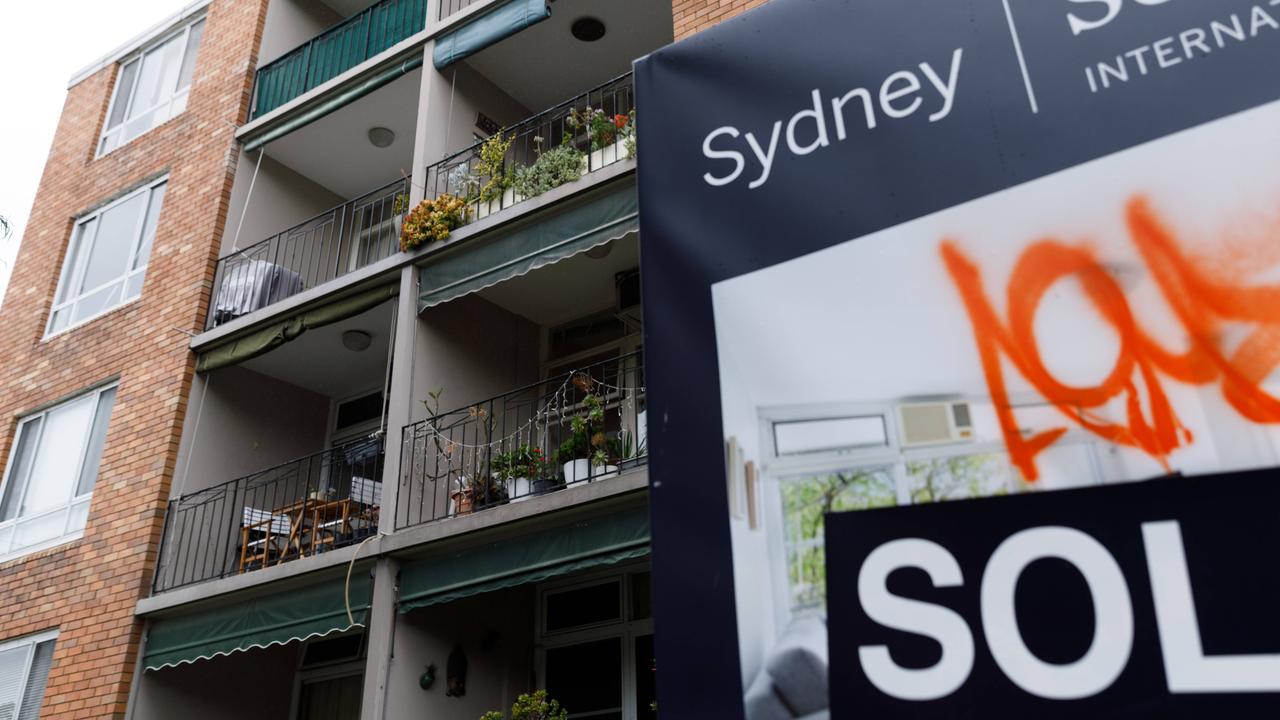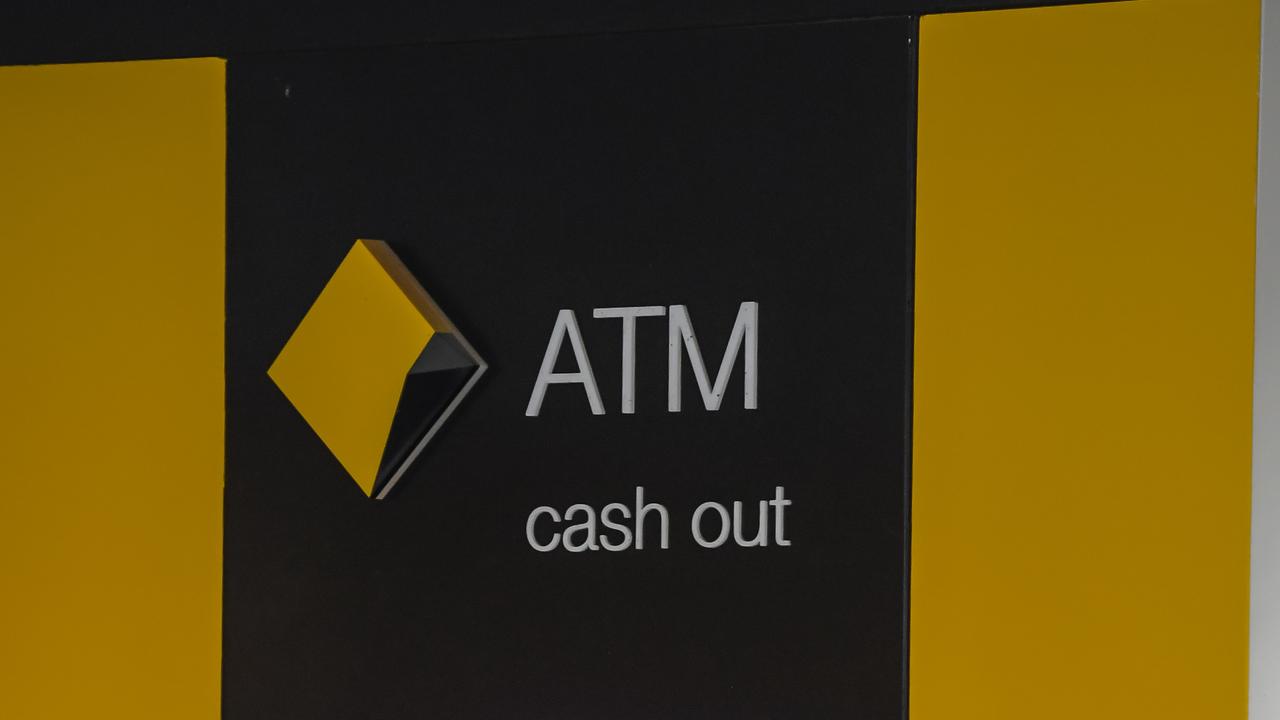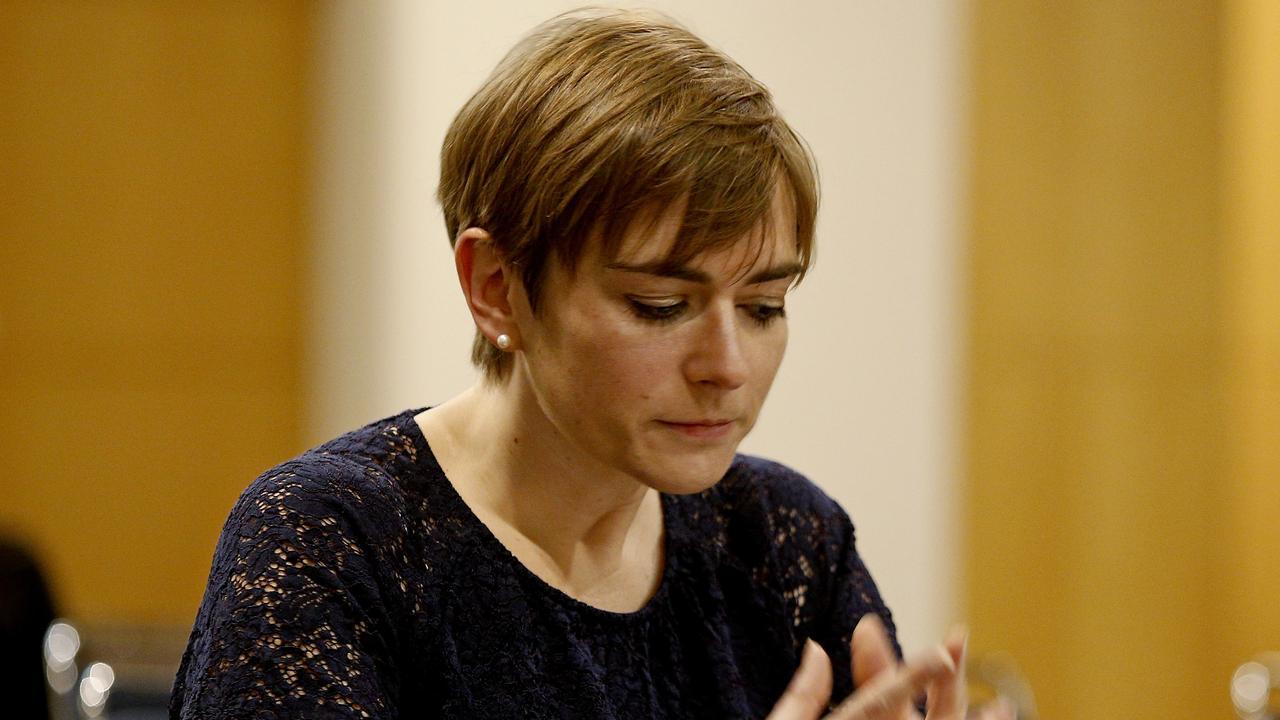‘Something has to give’: Chef claims most restaurants ‘aren’t making any money’ on UberEats and Deliveroo
UberEats and Deliveroo are eating so much of restaurant profits that most “aren’t making any money” and “something has to give”.
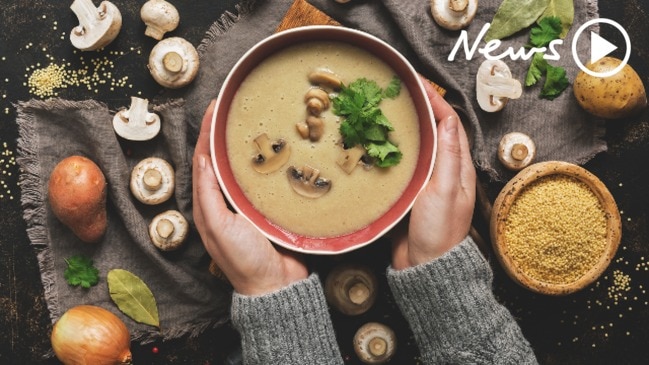
EXCLUSIVE
The cafe owner who helped spearhead UberEats’ launch in Sydney three years ago has warned that more than half of restaurants “are not actually making any money” on the platform and its rival Deliveroo.
Geoff Bannister, whose doughnut business Dr Dough shared the ride-sharing company’s first ever delivery-only “dark kitchen” with burger chef Tony Plunkett, believes the current situation is unsustainable and “something has to give”.
Mr Bannister has seen first-hand how the delivery platforms — both of which charge commissions of 30 to 35 per cent — are a double-edged sword, helping your brand reach a new audience but often eating into profits.
“If someone’s taking 30 to 35 per cent of your margin it doesn’t make sense at all, unless you’ve got a clear strategy for how you’re going to parlay that into real customers who will walk through your doors,” he said. “I just believe the whole model needs to change. There’s got to be a tipping point.”
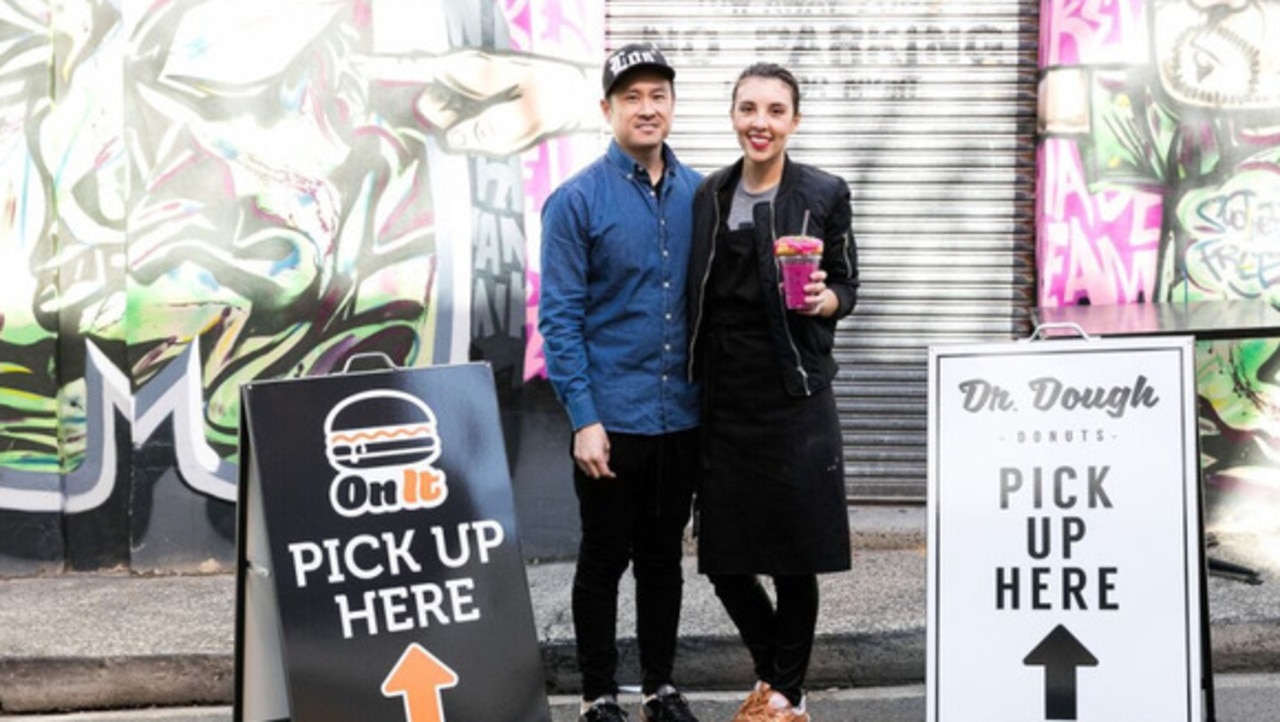
Despite launching as a delivery-only brand, Dr Dough now only does around 15 per cent of the sales on UberEats as it did in the first year. It now operates as a cafe in Pyrmont and delivers its own doughnut orders, 70 per cent of which go to large corporates in the city.
The combined business is growing at 40 per cent and this year will hit revenue of around $1.6 million, according to Mr Bannister, who says he still uses UberEats and Deliveroo but is very selective about what menu items he lists.
“Anyone partnering with UberEats or Deliveroo, you really need to know your numbers and what it’s costing you to build and make any of your products, because the biggest thing is that in particular with UberEats you cannot price any higher than your in-store prices,” he said.
“Whenever I launch a new product or if my wholesale costs go up, I look at it and say, ‘Is it worth selling through delivery?’ And if it’s not we don’t sell it. You need to be really cautious of that, because everyone knows margins in the food industry are tight as they are.”
Mr Bannister claims that while on one hand many restaurants aren’t making money, another 30 per cent are now dangerously reliant on delivery platforms and could go out of business — either if fees are pushed up even further, or if the services themselves exit an unprofitable market as in the case of Foodora.
“If you were to remove the UberEats sales, will they still be around? Would the entire business still survive? Would you still have the cashflow? I know I would, it’s always in the back of my mind,” he said.
“I’d say for 30 per cent of them, the extra couple of thousand in sales they’re receiving, while it’s not a lot of margin at all it’s basically helping keep the doors open. But for up to 50 per cent of businesses, if they truly break it all back down they’re actually not making any money off these orders.”
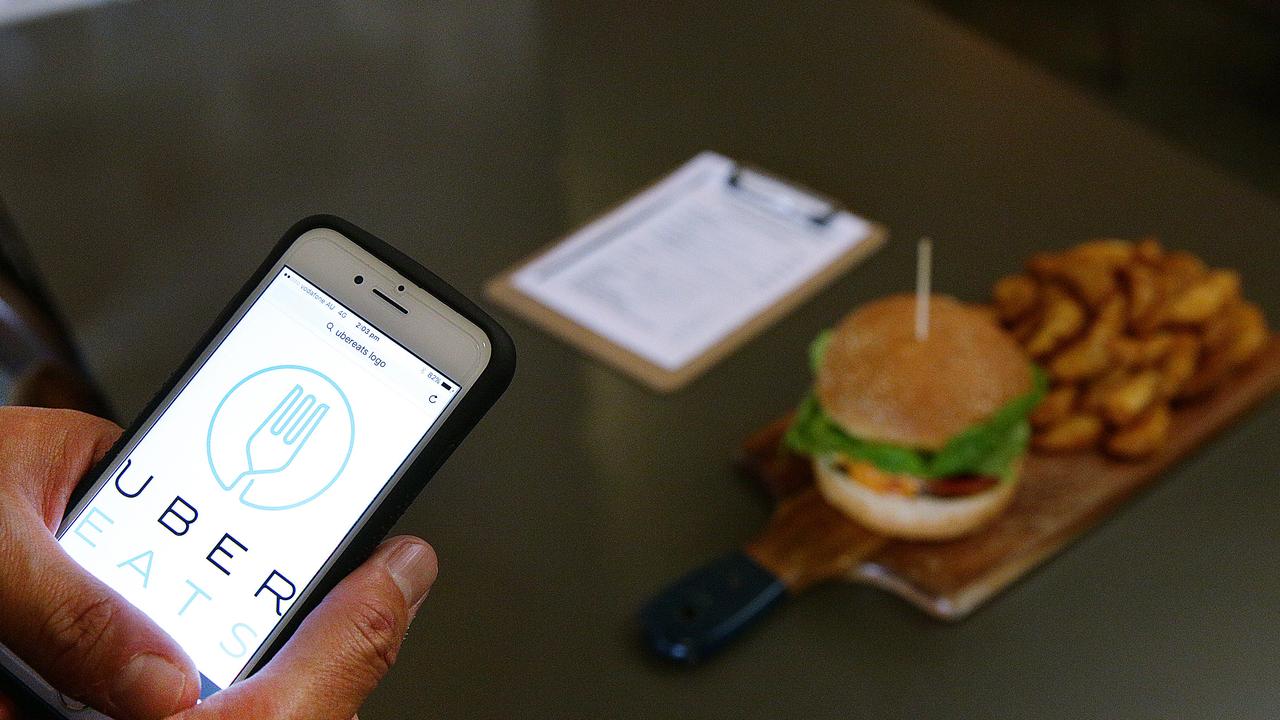
A related issue, he argues, is that UberEats and Deliveroo don’t give the restaurants access to any of the detailed sales data that would help them make business decisions.
“One of the toughest parts with UberEats is once an order has gone, you don’t have the customer’s name, phone number, you don’t know where that order’s going,” he said.
“UberEats and Deliveroo hold all that data. You don’t know whether you’ve got 50 per cent of orders going to a particular suburb — that data tells you where to put your next restaurant. The only information you get is what was purchased, each individual order and time.”
According to Mr Bannister, who worked at McDonald’s for two decades most recently as operations manager for 30 stores around Sydney, the fast-food chain doesn’t receive that data either from UberEats.
“McDonald’s is probably their biggest company on there,” he said. “Uber has all that information on delivery, what happens if something happens one day to UberEats? You’re starting from scratch.”
Last week, Sydney Syrian restaurant Almond Bar announced it was removing itself from UberEats and Deliveroo from August 1, saying “the cons outweighed the pros”.
“The 33 per cent commission (yes 33 per cent) they take has eaten into our cashflow significantly and is no longer sustainable,” the restaurant wrote on Instagram. “It is way more than our profit.”
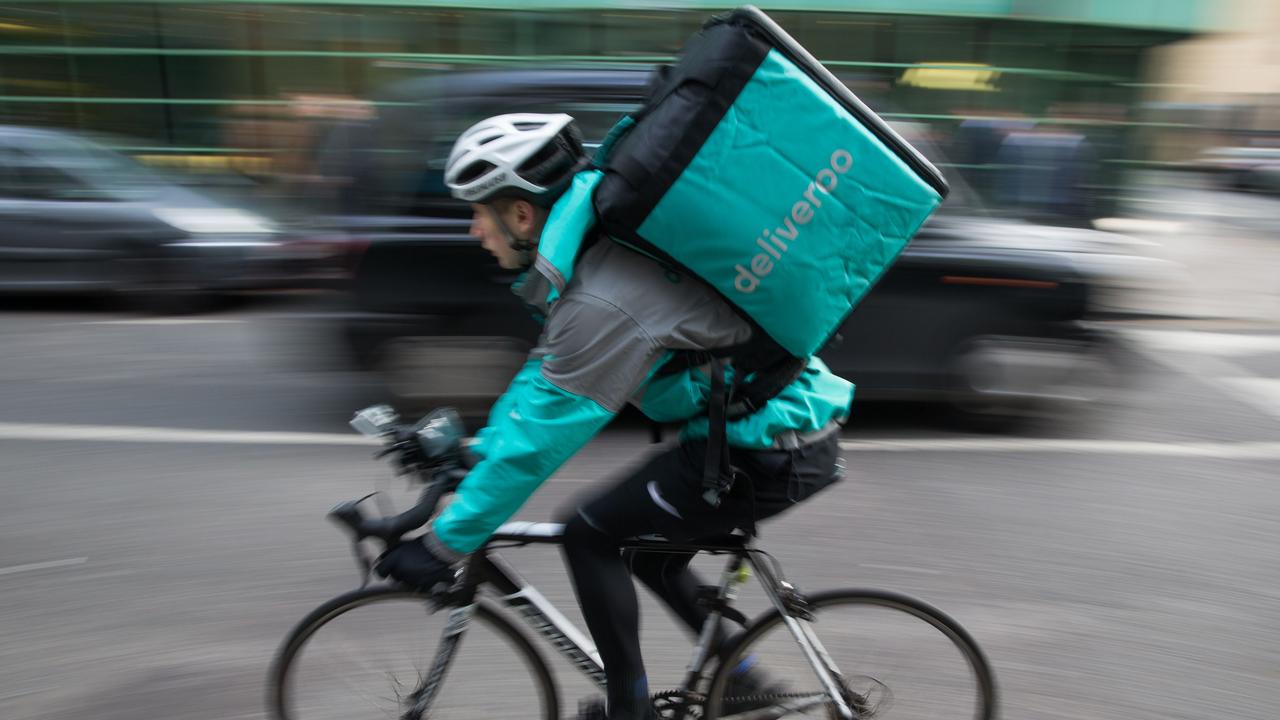
Almond Bar also cited food quality often being compromised by the delivery time, adding that it did not want dine-in customers to ever feel deliveries were being prioritised.
More broadly, Almond Bar said delivery services meant “people are not coming out as much anymore and experiencing the hospitality we offer, which is what makes us who we are”.
“We are hoping to make change in our already lonely society,” it said. “The more we encourage people to eat out with friends or even come in alone and eat with us, the more human interaction enhances the lives of those around us.”
Almond Bar noted the move “may cause some upset but we need people to understand that we did not make this decision lightly”.
“Using delivery platforms gave us the opportunity to reach people that haven’t eaten our food before,” it said. “However, the cons outweighed the pros when making this decision. Hopefully this means that our food will draw you to us. To have the whole Almond Bar experience, not just out of a container.”
In a statement, a Deliveroo spokeswoman said the company was “proud to have over 11,000 restaurants on our platform across Australia and more than 8000 riders who have flexible, well-paid work with Deliveroo”.
“Through participating in online food delivery, restaurants on Deliveroo are able to access additional revenue streams they wouldn’t otherwise have by broadening their customer base,” she said.
“As a result, restaurants who partner with Deliveroo see sales increase on average by 30 per cent. The digital economy is spurring on new ideas and innovation across Australia’s food sector and we’re seeing this drive growth for our restaurant partners.”
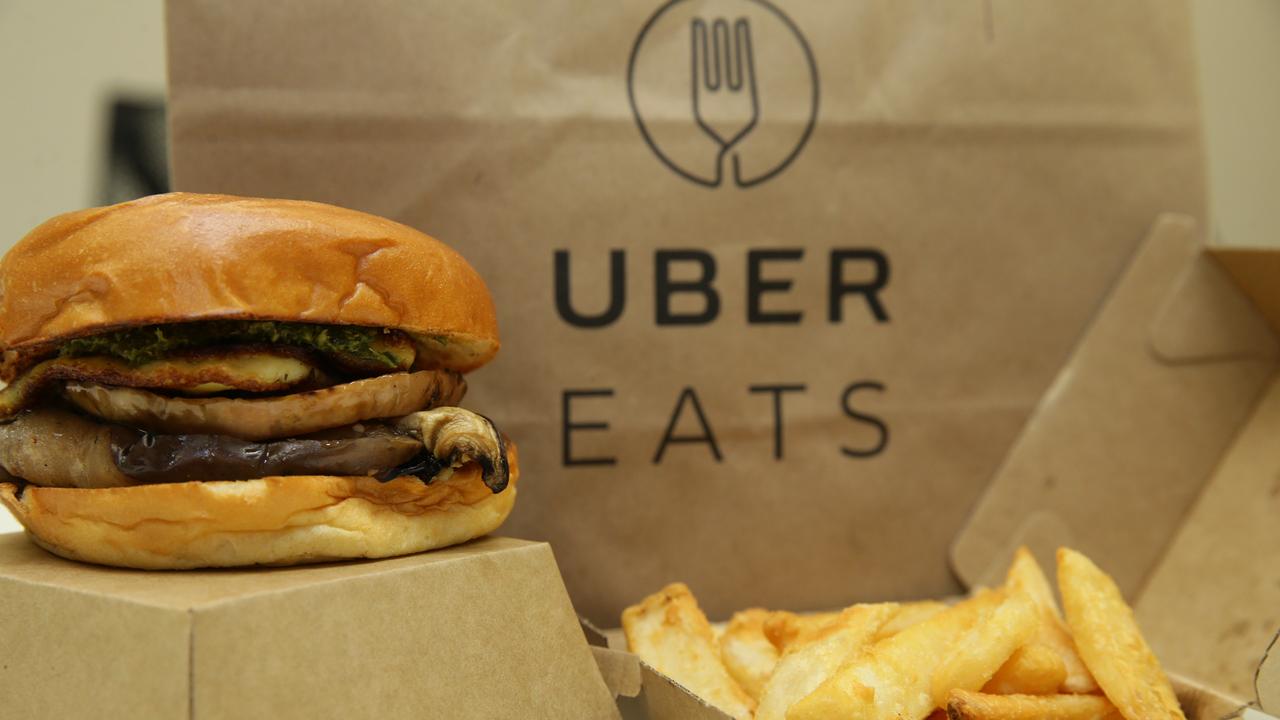
She added that Deliveroo was “helping restaurants adapt to ever-changing consumer tastes and habits, thereby helping their businesses to grow and thrive in a challenging and competitive environment”.
“We support our restaurant partners to get the most out of being part of our food delivery platform,” she said. “We do not disclose our service fee.”
An Uber spokeswoman said that consumers were “increasingly turning to online food delivery as an easy and convenient way to eat” and that UberEats “and other online food delivery platforms help restaurants meet this growing consumer demand”.
“Many small businesses don’t have the time or money to set up an effective online presence, and many can’t afford to employ their own dedicated delivery staff,” she said.
“UberEats also offers extensive marketing and provides first line customer support. Restaurant partners tell us that this takes some pressure off the many tasks that they are expected to perform.”
She said the that “more than 16,000 active restaurants choose to use the UberEats platform is a testament to the positive results”. “There’s no lock-in contract and there are many other online food delivery platforms to choose from,” she said.
“The number of restaurants using online food delivery platforms every day is a vote for this new way for restaurants to connect to new customers. UberEats is still a new business and has only been in the Australian market for three years. During this time, the number of restaurant partners continues to grow at a strong rate.”
She added, “We are confident in the sustainability of our business and when we talk to restaurant operators who are embracing delivery, we hear the same from them.”


